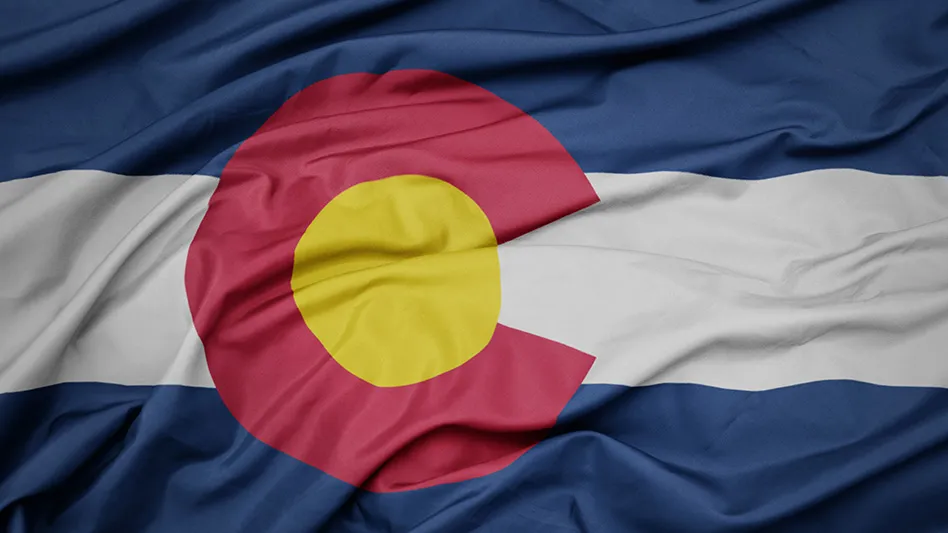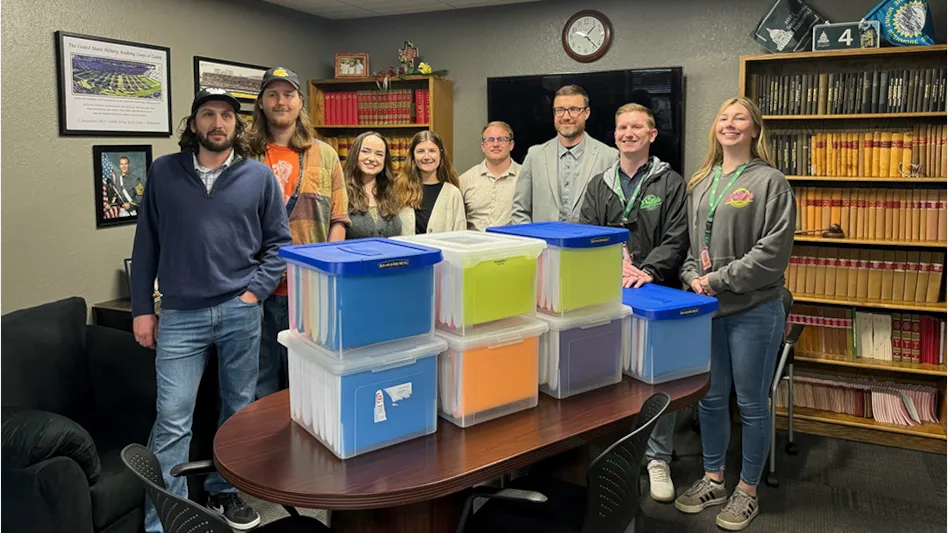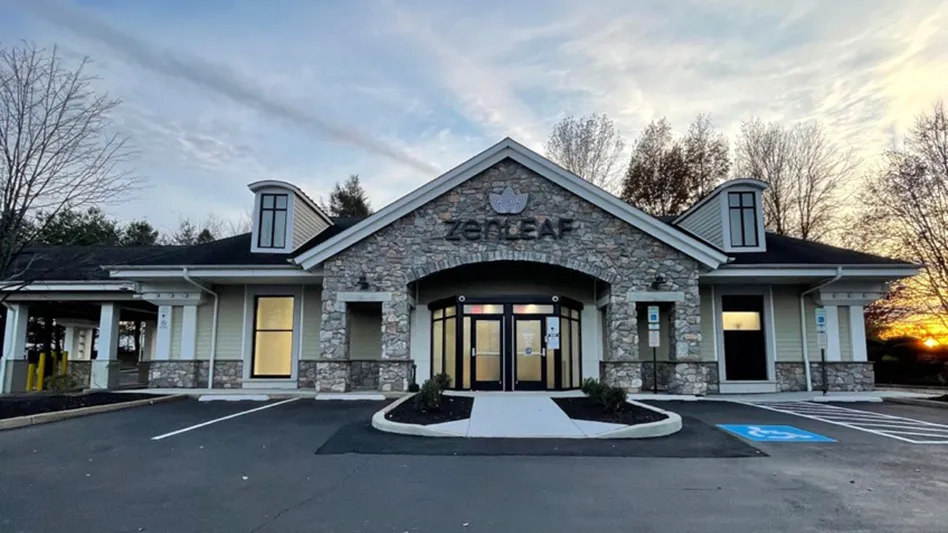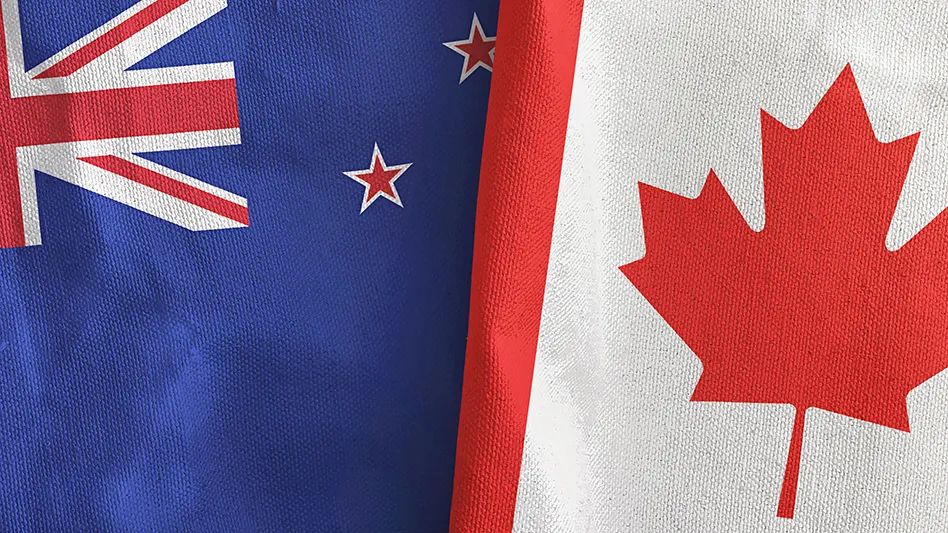
Four years of federal prosecution are over for Harborside Health Center, according to Oakland, Calif., officials Tuesday in a news conference at City Hall. Attorneys for Harborside stood with Oakland Mayor Libby Schaaf, City Councilwoman Rebecca Kaplan, Rep. Barbara Lee and others to announce the news.
The release still needs to be finalized by all parties signing off, according to a spokesperson from the Department of Justice in an SFGate article.
“When US Attorney Melinda Haag first filed suit to seize the property Harborside is located in, I vowed we would never abandon our patients ... and predicted Harborside would outlast the efforts to close us down,” Harborside Executive Director Steve DeAngelo says in a statement in a Huffington Post article. “Today, thanks to the deep support of our community and our elected officials, and the skill and determination of our legal counsel, that prediction has come true.”
The 2012 lawsuit originally brought by former U.S. Attorney Melinda Haag sought to confiscate Harborside’s property on the grounds that it was violating federal law. The city of Oakland attempted to join in Harborside’s defense, arguing it would lose taxes and force the dispensary’s patients to the black market. Federal judges ruled Oakland could not intervene, and the U.S. Supreme Court rejected the city’s appeal in March. Harborside remained open during the case, according to SFGate.
“We celebrate the release from federal prosecution,” says Schaaf in the SFGate article. “We believe in compassion, we believe in health.”
Though the change is cause for celebration, there’s still a lot of ground to cover for other growers and dispensaries, says Hezekiah Allen, executive director of California Growers Association. More than 50,000 unlicensed businesses could be in violation of federal prosecutorial guidance if state regulations aren’t worked out, he says.
“It’s a fantastic symbolic victory, justice has prevailed. It’s another step in a multi-decadal journey toward an end of prohibition, but it doesn’t change a lot. We’ve still got hard work to do,” says Allen. “The biggest business in California getting their charges dropped after the city intervened on their behalf, it’s almost a fairy tale to the average operator, honestly.”
Many of those smaller growers just don’t have the profile or resources to handle pressure from prosecutors, says Allen. But Harborside’s victory can help push progress along as well.
“My hope here is that good policy will be written because operators have the courage to stand up and represent themselves [when faced with prosecution,]” says Allen. “I hope it will inspire, I hope it will encourage and I hope it will motivate operators to continue to come out of those shadows, get organized and get active.”
Though there isn’t evidence to what inspired the decision itself, the dropped charges fit along with both evolving federal policies and public opinion, according to Mason Tvert, director of communications for the Marijuana Policy Project.
“Targeting a city-licensed, well-regulated medical marijuana dispensary was vastly out of step with public opinion and triggered a strong outcry from citizens, local officials and other opinion leaders,” he says. “California is finally implementing a state-regulated system of medical marijuana production and sales, and the DOJ has said U.S. attorneys should not intervene in cases where a medical marijuana provider is complying with state and local regulations.”
Photo: Chris Boswel | Dreamstime.com
Latest from Cannabis Business Times
- Key Takeaways From USDA's 2024 Hemp Report
- Cannabis Rescheduling: Where Do We Go From Here?
- Verano Opens MÜV Haines City, Company’s 75th Florida Dispensary
- Ascend Wellness Holdings Reports $142.4M Net Revenue for Q1 2024
- Trulieve Reports $298M in Revenue for 1st Quarter 2024
- SNDL Reports 1st Quarter 2024 Financial, Operational Results
- Leading Cannabis Brand STIIIZY Expands Retail Presence With Fresno Location Opening Saturday, May 11
- The Cannabist Co. Reports 1st Quarter 2024 Results





